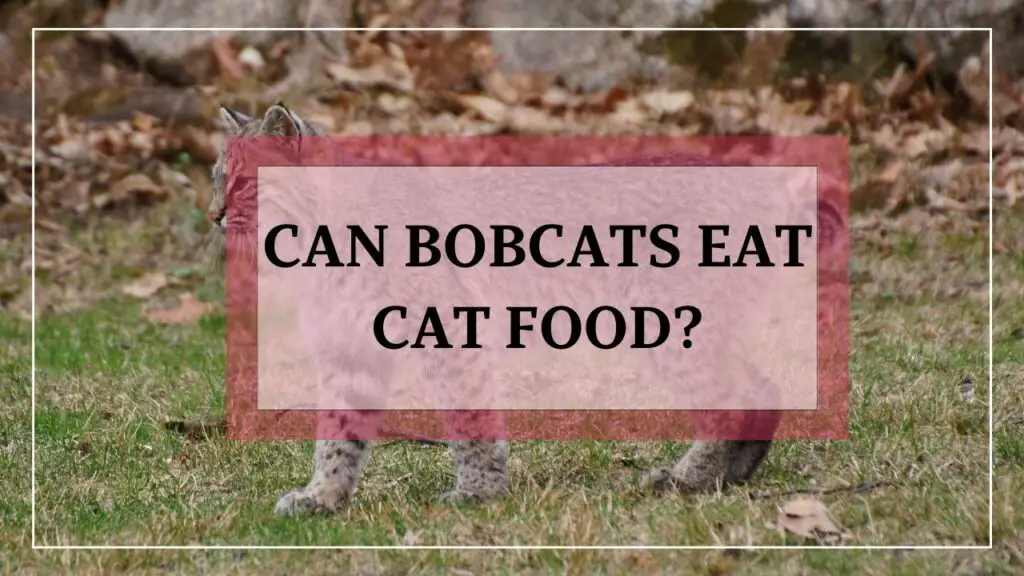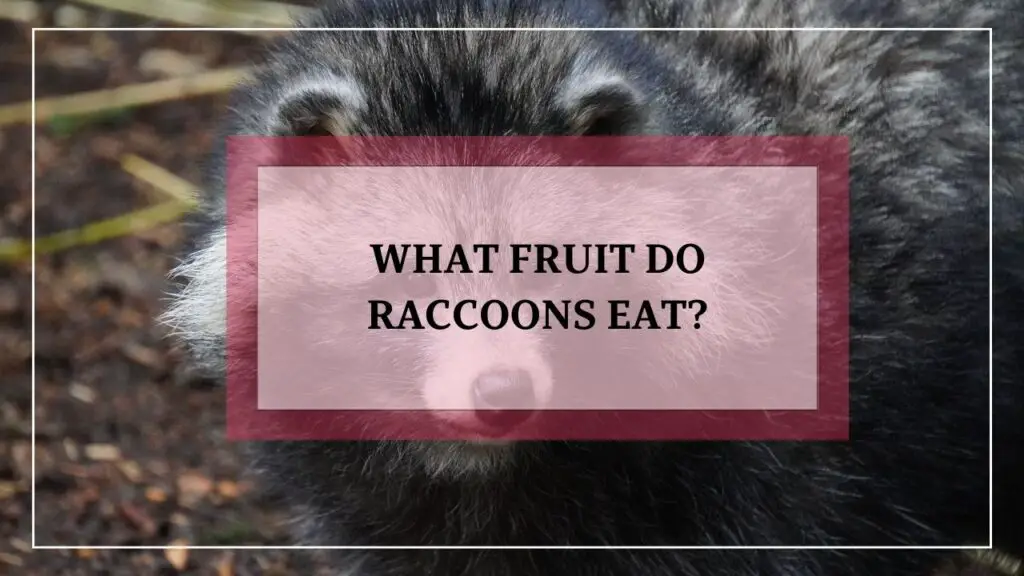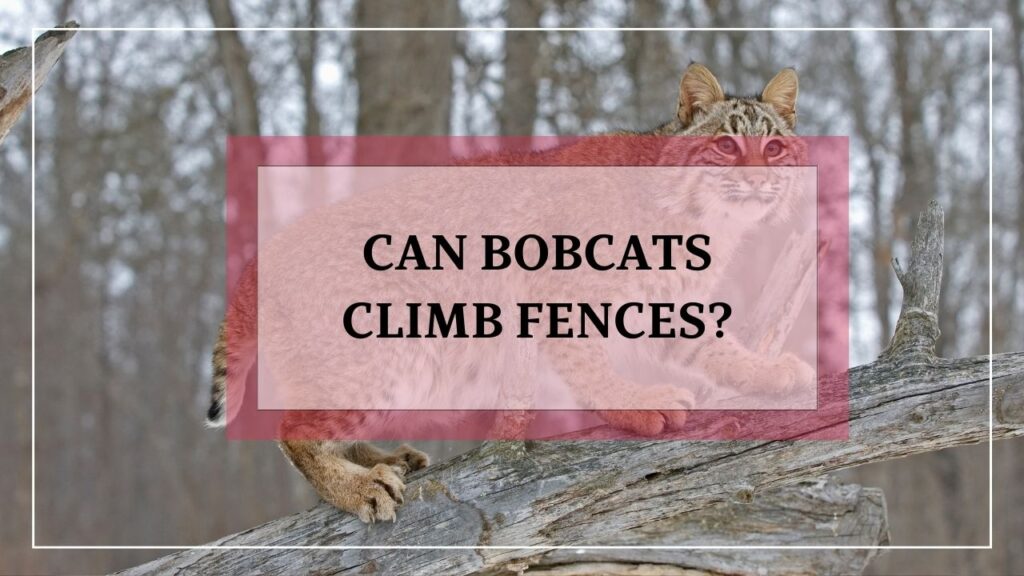Bobcats are fascinating wild creatures that are often seen in suburban and rural areas. These elusive creatures are known for their agility and hunting skills, and their diet consists mainly of small mammals, birds, and reptiles. While bobcats are typically wild animals that do not require human intervention for survival, many people are curious about whether they can eat cat food.
After all, cat food is readily available and often marketed as a complete and balanced meal for cats. But can bobcats safely consume cat food, and is it a suitable replacement for their natural diet?
This blog post will explore the nutritional requirements of bobcats, the ingredients in cat food, and the consequences of feeding them this type of food. Whether you’re a wildlife enthusiast or just curious about these fascinating creatures, this post will provide you with valuable information on feeding bobcats.
Bobcats should not eat cat food. While cat food is marketed as a complete and balanced meal for cats, it is not suitable for bobcats. Bobcats are carnivores and require a diet high in protein and fat, which is not provided by cat food that contains a high amount of carbohydrates and artificial ingredients.
Feeding bobcats cat food could lead to health problems, negatively impact their natural hunting habits, and harm the environment. It is best to provide bobcats with food that is similar to their natural diets, such as small mammals, birds, and reptiles.
Now, let’s talk about the details:
Can Bobcats Eat Cat Food?
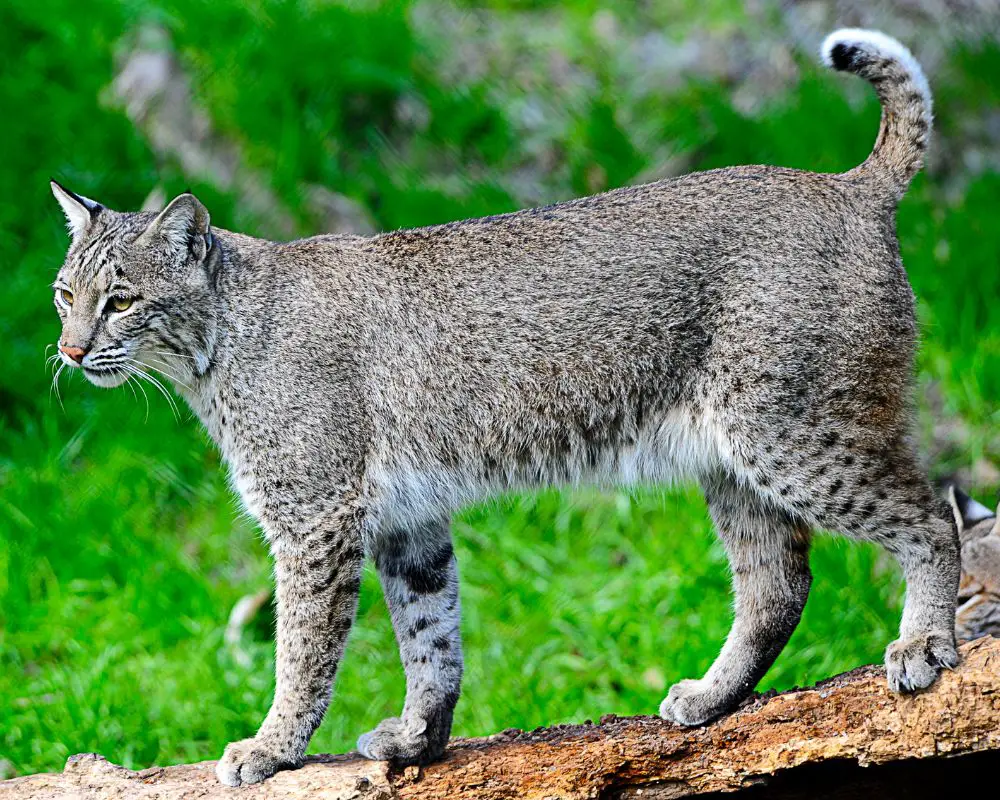
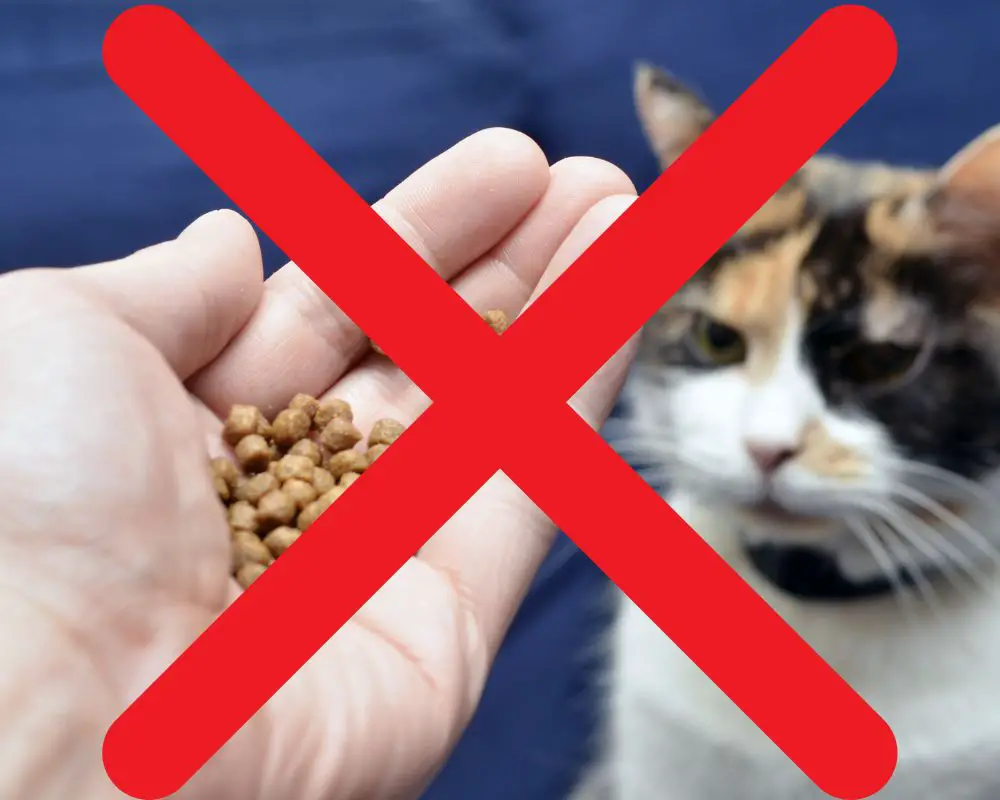
The truth behind the possibility of feeding bobcats cat food requires us to study the requirements of bobcats in addition to the nutrients provided by cat food:
1. Nutritional Requirements Of Bobcats
Bobcats are carnivores and require a diet high in protein and fat to maintain their health and support their active lifestyle. They typically consume small mammals, birds, and reptiles, which provide them with the nutrients they need.
2. Ingredients In Cat Food
Cat food is designed to meet the nutritional needs of domesticated cats, which are different from those of bobcats. Most cat food contains a high amount of carbohydrates, which are not a significant part of a bobcat’s natural diet. Additionally, cat food often contains preservatives and artificial ingredients that are not found in a bobcat’s natural diet.
3. Comparison Of Bobcat’s Natural Diet With Cat Food
A diet consisting solely of cat food would not provide bobcats with the necessary nutrients they require to survive. The high carbohydrate content and artificial ingredients in cat food would not provide the nutrients that bobcats require to maintain their health. Additionally, cat food does not contain the type of prey that bobcats are naturally adapted to consume.
4. Conclusion On Bobcat’s Suitability For Cat Food
Based on the differences between a bobcat’s natural diet and the ingredients found in cat food, it is not suitable as a replacement for their natural diet. Feeding bobcats cat food could lead to health problems and negatively impact their natural hunting habits. It is best to stick to providing them with the types of food they would naturally consume in the wild.
The Consequences of Feeding Bobcats Cat Food
1. Health Risks
Feeding bobcats cat food could lead to a range of health problems, including digestive issues, malnutrition, and an increased risk of disease. The high carbohydrate content in cat food can upset their digestive system, and the artificial ingredients can be harmful to their health. Additionally, a diet consisting solely of cat food would not provide them with the necessary nutrients they require to survive.
2. Impact On Bobcat’s Natural Hunting Habits
Bobcats are natural hunters and play an important role in controlling the populations of small mammals, birds, and reptiles in their habitats. Feeding them cat food could lead to a reduction in their hunting instincts, which could have negative impacts on the local ecosystem.
3. Negative Impact On The Environment
Feeding bobcats cat food could also attract them to areas where they would not normally venture, such as residential areas. This could lead to conflicts with humans and other pets and potentially cause harm to both bobcats and domesticated animals. Additionally, feeding wild animals can disrupt their natural behaviors and cause them to become reliant on human-provided food, making it difficult for them to return to their natural habits.
Alternatives to Cat Food for Feeding Bobcats
1. Recommended Foods For Bobcats
To provide bobcats with a nutritious and balanced diet, it is recommended to provide them with prey that is similar to what they would naturally consume in the wild. This may include small mammals, birds, and reptiles, as well as fresh water.[1]
2. How To Provide Food Safely For Bobcats
To provide food for bobcats safely, it is important to follow some simple guidelines. Food should be placed in a location that is away from human activity and where it is unlikely to attract other wildlife. Additionally, food should be provided in a way that does not increase the risk of disease transmission, such as using gloves when handling raw meat.
Providing food for bobcats can be a great way to observe these fascinating creatures in their natural habitats, but it is important to do so in a way that does not harm the bobcats or the environment. By understanding their dietary needs and providing them with appropriate food, we can help to ensure their survival and continue to enjoy the beauty of these wild creatures.
FAQs
What Can You Feed A Wild Bobcat?
To provide wild bobcats with a nutritious and balanced diet, it is recommended to provide them with prey that is similar to what they would naturally consume in the wild, such as small mammals, birds, and reptiles, as well as fresh water.
Food should be placed in a location that is away from human activity and where it is unlikely to attract other wildlife. Additionally, food should be provided in a way that does not increase the risk of disease transmission, such as using gloves when handling raw meat.
Will Bobcats Eat Cats?
Bobcats are known to eat a variety of prey, including small mammals, birds, and reptiles. While domesticated cats are not a part of their natural diet, bobcats have been known to prey on small cats in areas where their natural prey is scarce.
It is important to keep domesticated cats indoors, especially in areas where bobcats are known to live.
Will A Bobcat Attack A House Cat?
Bobcats are typically shy and avoid human contact, but they may attack a domesticated cat if they feel threatened or if their natural prey is scarce.
To protect your house cat, it is important to keep them indoors, especially in areas where bobcats are known to live. If you encounter a bobcat in the wild, it is recommended to slowly back away and avoid direct contact.
The Bottom Line
In conclusion, bobcats should not be fed cat food as it is not a suitable replacement for their natural diet. A diet consisting solely of cat food can lead to a range of health problems and negatively impact their natural hunting habits.
It is recommended to provide them with the types of food they would naturally consume in the wild and to do so in a safe and responsible manner. By following these guidelines, we can help to ensure the health and survival of bobcats and maintain the delicate balance of their habitats. So, let’s appreciate these fascinating creatures from a distance and leave their diets to nature.

Hi, I’m Ali Tarek, the founder of Animalsman. I’ve always been passionate about pets, especially dogs and cats, and I created this website to share practical tips, easy recipes, and helpful care advice for fellow pet lovers. My goal is to make pet care simple, enjoyable, and accessible for everyone. When I’m not writing or curating content, you’ll usually find me spending time with my furry friends or learning new ways to keep them happy and healthy.

